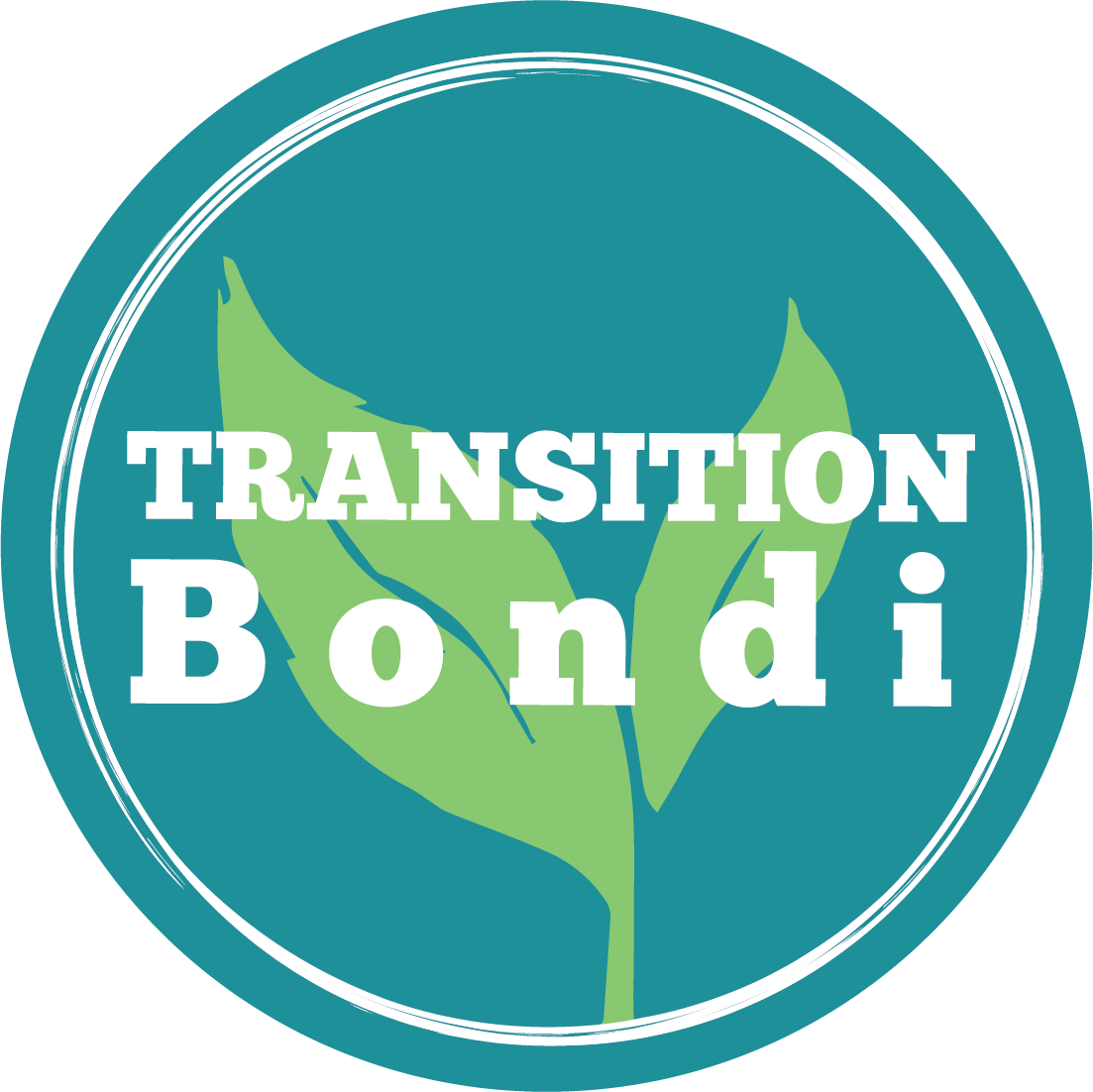Connection to Country with Rowan Foley and Shilo Villaflor
We heard Rowan Foley speak at a book launch by one of our presenters this year – Alana Mann (her book is Food in a Changing Climate). We wanted to hear more from him so invited him to speak at a Transition Bondi Community Cafe Conversation (October 18) on the topic Connecting to Country – Earth, Water, Air, Sky.
A big topic and a one-off talk. Rowan steered the conversation to contemporary life in his neck of the woods – he lives and works near Uluru. His colleague Shilo Villaflor joined the dialogue.
Large themes were touched on – Terra Nullius (continuing today), the lore and language of Central Australia, where the last of ‘mob’ were brought into Settlement in 1984, and the contrast of First Nations Culture and European Cultural Frameworks.
The focus of the evening became the organisation that Rowan heads up, The Aboriginal Carbon fund.
We heard in detail about the role of cultural burning in caring for Country, and also in creating economic benefits for indigenous Australians. The contrast between the colonial way of looking at land and the traditional knowledge of First Nations people is clearly shown in the practice of cool burning, to protect the land from wildfire.
The AbCF has established an organisation that promotes the sale of carbon credits to make a living – getting paid to lower carbon emissions by means of Cultural Burning. This can only be done in certain country, and is practised across the north of Australia in Savannah woodland country. It is known as mosaic burning and produces light smoke; the fire ‘trickles’ and is patchy. It can be walked through as it doesn’t create heat, in contrast to European ‘back-burning’ which is linear and burns strongly. Wildfire ruins the ability to care for Country.
Traditional burning is a cultural response to the environment (not a scientific one), and can provide an income, reducing the need for welfare.
This is a strong model for indigenous communities, where partnering replaces handouts, and peer to peer models replace hierarchical, colonial ones.
Carbon farming is a world-class technology and has allowed the purchase of solar power for remote communities in northern Australia.
Cool burning is practised by other First Nations people: in Canada and New Zealand. In Australia, there is some collaboration between Traditional Fire Practitioners and Rural Fire Services and Rangers.
The Commonwealth Bank of Australia has been buying carbon offsets for several years, fulfilling its Reconciliation goals, and Sustainable Development goals.
The stories and information that Rowan and Shilo offered us speak to the pressing environmental issue of our time in the lead up to ‘Glasgow’: reducing carbon emissions. We will expand our knowledge, fuelled by personal contact with Rowan and Shilo who generously shared some of their perspectives and experience of contemporary Aboriginal life in Central Australia.
Photo from coolaustralia.org

